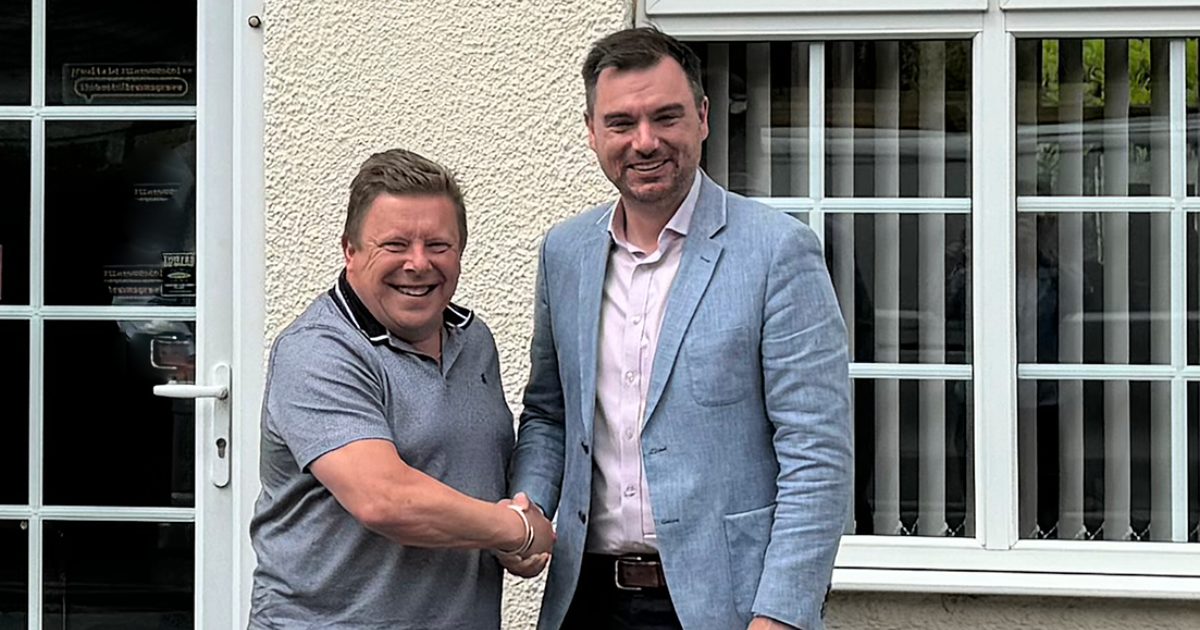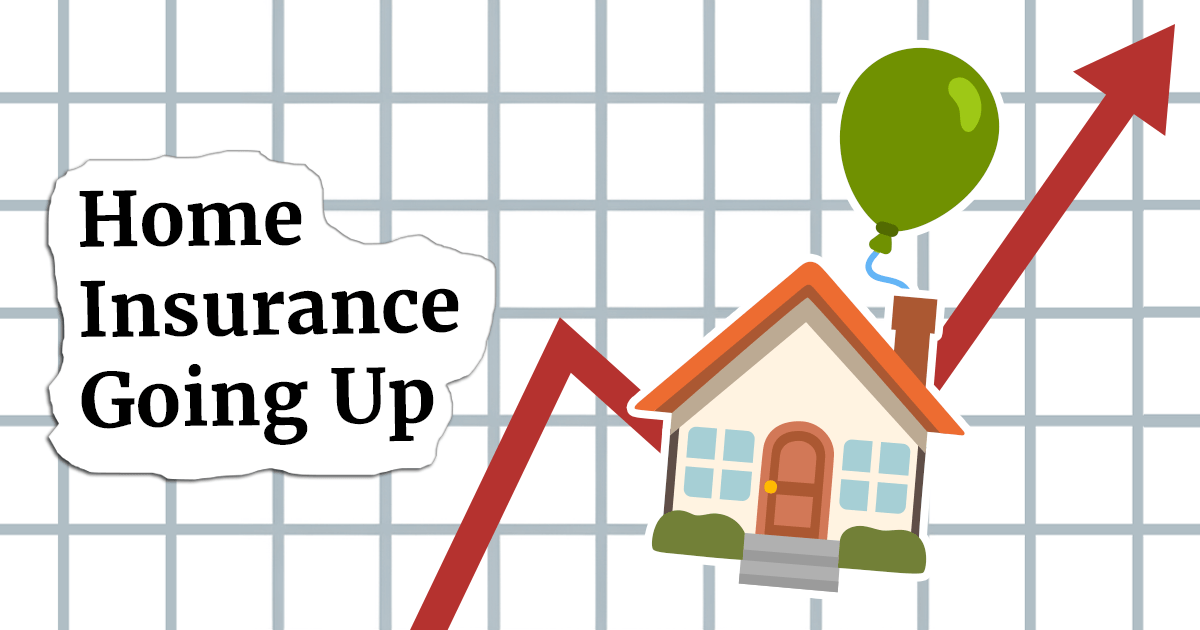Online stores are becoming increasingly popular. In recent years, consumers have been moving online for many reasons. This shift in shopping habits has led many businesses to open online stores to meet the demand.
There are lots of benefits and reasons for selling online, and it can be cheap and easy to get started with an online store.
If you only operate online you may think that you don’t need business insurance. Just because your risks are out of sight, doesn’t mean they should be out of your mind.
Any seller or manufacturer has a duty of reasonable care to prevent harm.
In this blog, we’ll be outlining the importance of checking that your Public Liability Insurance policy also includes Product Liability cover. Chances are you’ll need other types of insurance cover, so get in touch with an expert for tailored advice.
What business insurance do I need?
Insurance is an important way to protect your business. It acts as a financial safety net and is a crucial part of effective risk management.
Every business is different and as such needs different insurance. If you’re an online retailer though you all share some common risks.
If you’re a start-up we recommend reading the below guide for startup business insurance.
What is Product Liability Insurance?
Product liability insurance protects your business against claims by anyone injured by a faulty product that your business designs, manufactures or supplies.
Why is Product Liability Insurance important for online retailers?
What would you do if a customer were to allege that they had been given a faulty product that resulted in injury?
If you aren’t the manufacturer, you might be tempted to pass the blame on them. And you may be right! But how sure are you that you will be able to get them to accept their liabilities and the consequences?
The customer will raise their complaint with you in the first instance. If your supplier doesn’t accept their liability then you could find yourself out of pocket. You could argue your case but this could be costly or in some cases, not even possible.
Here are some examples where you will find yourself responsible:
- If your manufacturer is overseas – they may operate with different laws and requirements.
- If your product is sold overseas – they might have different safety laws and requirements.
- If you use an unidentified supplier or someone that is no longer in business – it becomes your responsibility.
Many people think that it is only necessary for products that pose an obvious risk, such as small toys or gifts targeted at children. However, the responsibility is on you as the retailer to get it right.
Even though your product might not pose an obvious risk you could still find yourself defending an expensive claim.
Claims can arise within 3 years of using the product and in some cases even longer. So even if you stop trading altogether, you could find yourself needing to defend a claim.
Depending on the circumstances, compensation claims can be unlimited.
Examples of claims
There are lots of risks that come with selling products, even if you aren’t the manufacturers. Here are some examples of claims:
- Cosmetics that cause allergic reactions or burns
- Electrical products that cause fire or injury
- Malfunctioning machinery, missing safeguards
- Flammable clothing
- Chemicals or materials used in clothing
- Defective food or lifestyle supplements
- Injuries caused by sporting equipment
- Furniture that doesn’t meet safety standards
- Asbestos contaminated paint
You could even find yourself having to recall products if an issue is detected that could cause harm to customers. A very large example of this is IKEA and the drawer controversy, which resulted in them having to recall 29 million drawers in 2016 due to its child fatality charges. They subsequently offered a refund/repair service to try to mitigate the losses.
You can also be liable for not putting adequate warning labels or clear instructions on your products.
How to minimise the risks
We always advise having rights of recourse with any of your suppliers. This ensures that the provider accepts its legal liabilities and responsibilities in a contract.
How to find the right broker
We’d advise you to sit down with an insurance broker and discuss your business in detail. A good broker should be able to pick out the key risks and ask questions to get to know them in more detail. We can offer a level of expertise that can help to ensure your peace of mind. Using a broker can sometimes save you time and money.
Look at the insurance providers reviews, the good, the bad and the ugly to get a sense of their approach. It’s important to find the right broker for you.
Whilst it may be tempting to go onto a price comparison site and select the cheapest quote, every business is different and so too are their risks.
At Jukes Insurance Brokers, we’ll work with you to help protect your business. We work with many online stores, becoming their trusted broker for their insurance.





